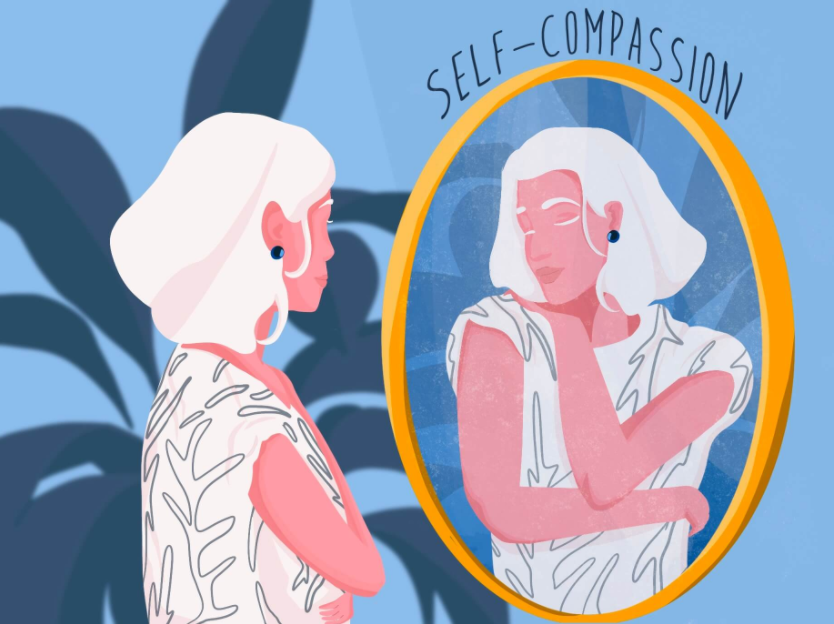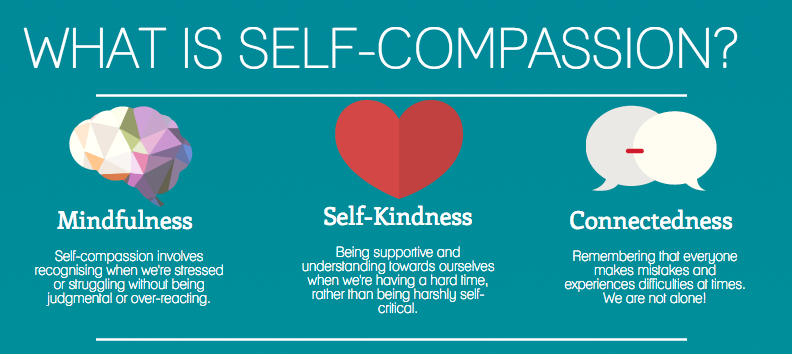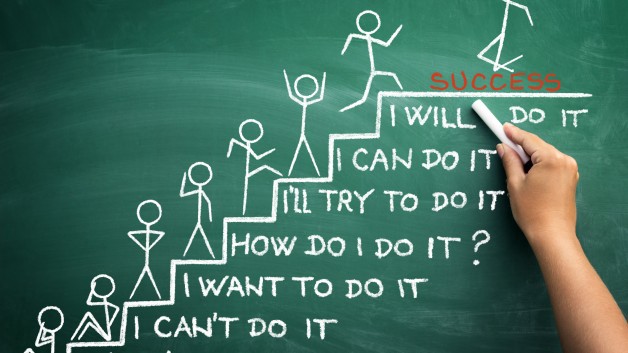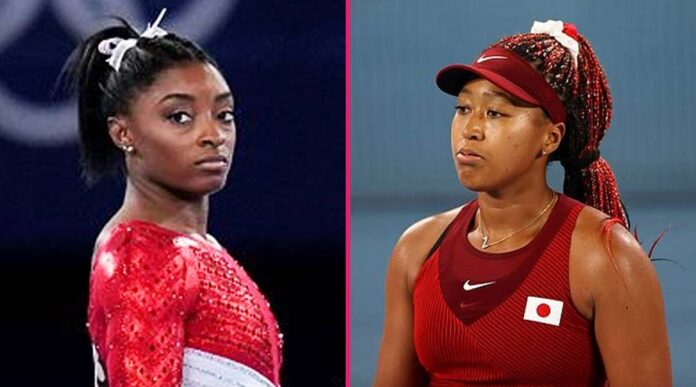One of the biggest news following the Tokyo Olympics 2020 is on Simone Biles and Naomi Osaka. Both of these top-level athletes dropped out of the competition, citing mental health reasons for their departure.
More often than not, we are taught to struggle and hold out our strength, even at the expense of our mental health. Dropping out of the Olympics gave both athletes a chance to spread and talk about their mental health issues, as well as its importance despite giving up the chance of glory and achievements.
Here are three takeaways from this historic moment:
- Anxiety is human – yet those suffering from mental health are stigmatized.

Just because they are high-performing, world class athletes, that does not mean that their lives are free of anxiety or mental health issues. When it comes to anxiety, it is the most common mental health condition in the world particularly during the pandemic. Broadly speaking, anxiety is tied to our human vulnerability: perceived survival and safety concerns for ourselves, or our loved ones, or threats to our principles, values, self-concept and sense of belonging. With more athletes coming forward with their mental health issues, it’s time that we normalize, not stigmatize, mental health conditions. Be more compassionate to people who are struggling with mental health challenges rather than alienate them.
- Winning does not eliminate any issues you have: Contingent self-esteem vs. self-compassion.

As seen from both of these athletes, getting the gold doesn’t guarantee happiness for the long-term. While self-esteem is tied to performance, achievements, status, beauty, wealth, etc., it has a dynamic nature. When we get what we want, we feel good. Once it stops, we feel bad.
This is not the case for self-compassion, which provides a more stable sense of self-worth over time. Self-Compassion is also linked to less social comparison and less narcissism than self-esteem. What’s difficult is that we have to actively cultivate self-compassion rather than self-esteem which may come more naturally. Additionally, most people tend to be more compassionate to others than to themselves when they suffer.
Simone Biles and Naomi Osaka modeled the three components of self-compassion perfectly.

- Mindfulness – they noticed and named what they were feeling in their bodies and minds
- Common humanity – by not isolating themselves with their feelings, but by telling others, they demonstrated common humanity
- Self-kindness – in their moments of difficulty, they chose to be kind to themselves – instead of “gutting” or “gritting” it out.
Be self-compassionate with ourselves, and this actually spurs us to greater achievements. When we are down because of a failure, self-compassion helps us keep getting up. Besides that, as we have a better relationship to ourselves, we also have better relationships with others. And, according to a Harvard Grant study, the strength of our relationships is most fundamental to our long-term happiness.
- Knowing the difference between being challenged and being overwhelmed.

Knowing ourselves is something you notice over time, but we promise that it is worth it. One thing that is important we should be paying attention to is our zones of comfort and safety, a zone of growth and challenge and a zone of overwhelm. Whichever situation you are at and at any given time, you must know where you stand. Of course, the ideal is that you expand the first two zones and creatively work with overwhelm when you land in it, no matter how difficult it is. By doing that, you will be able to work through your emotions as well as solve problems more efficiently.






